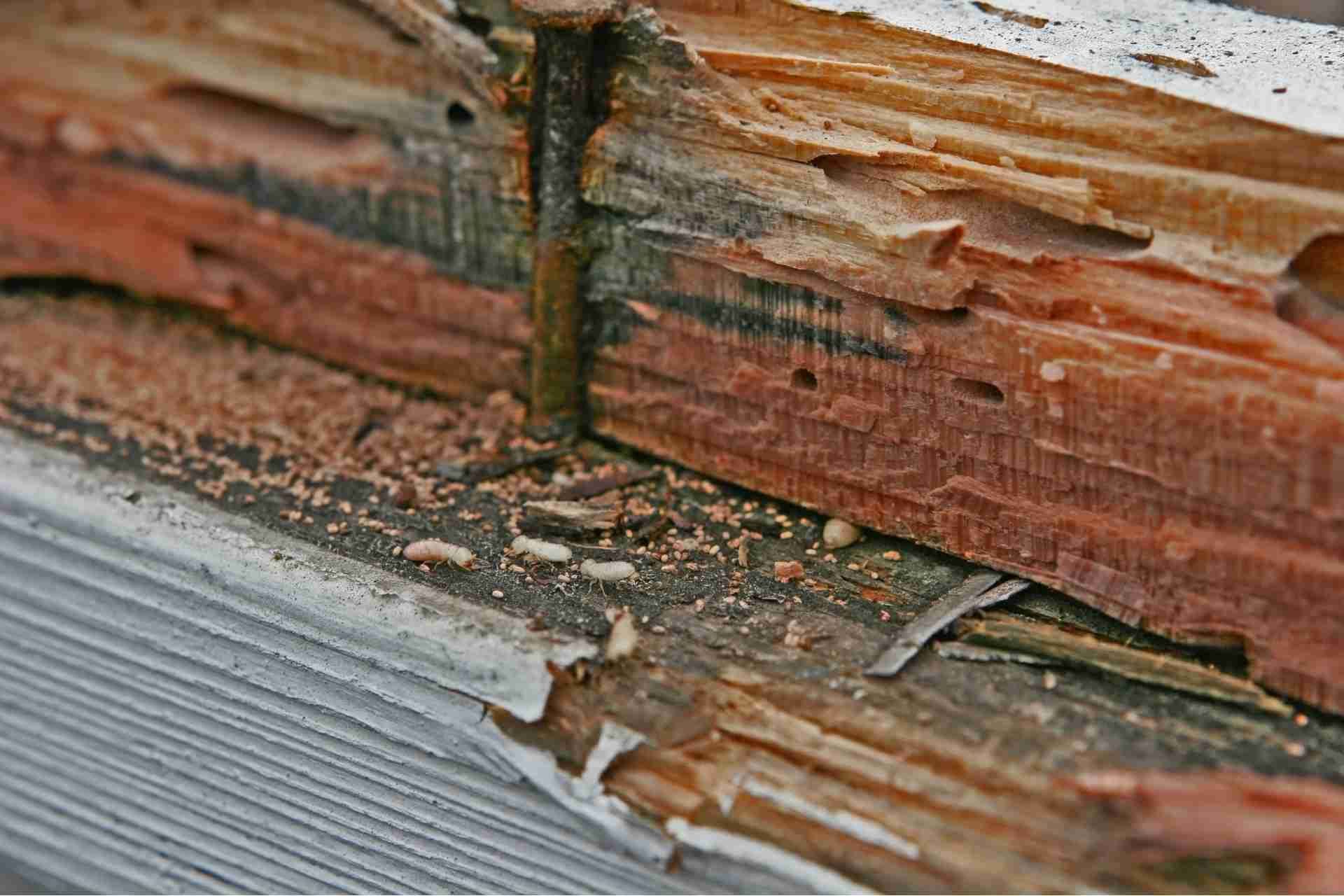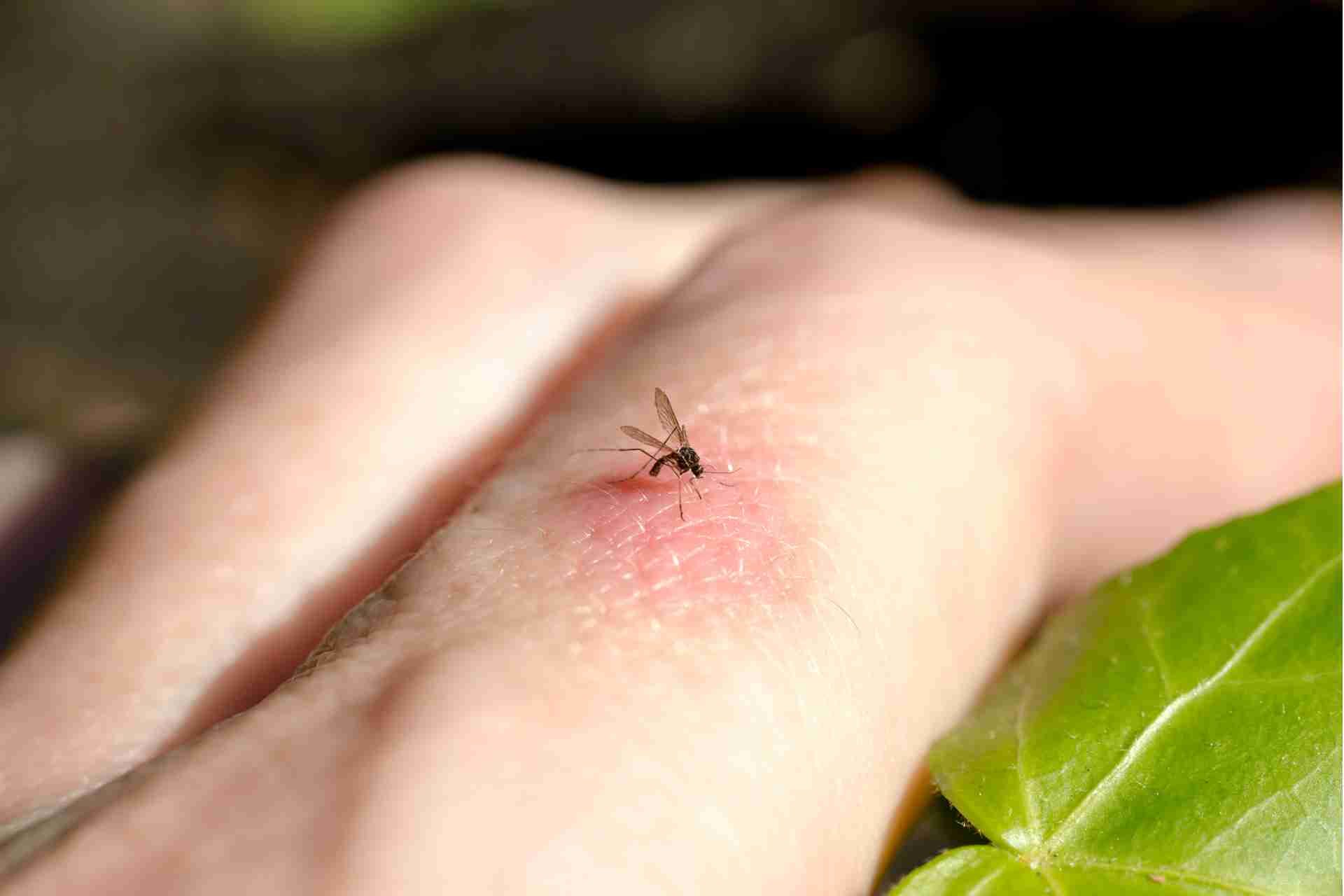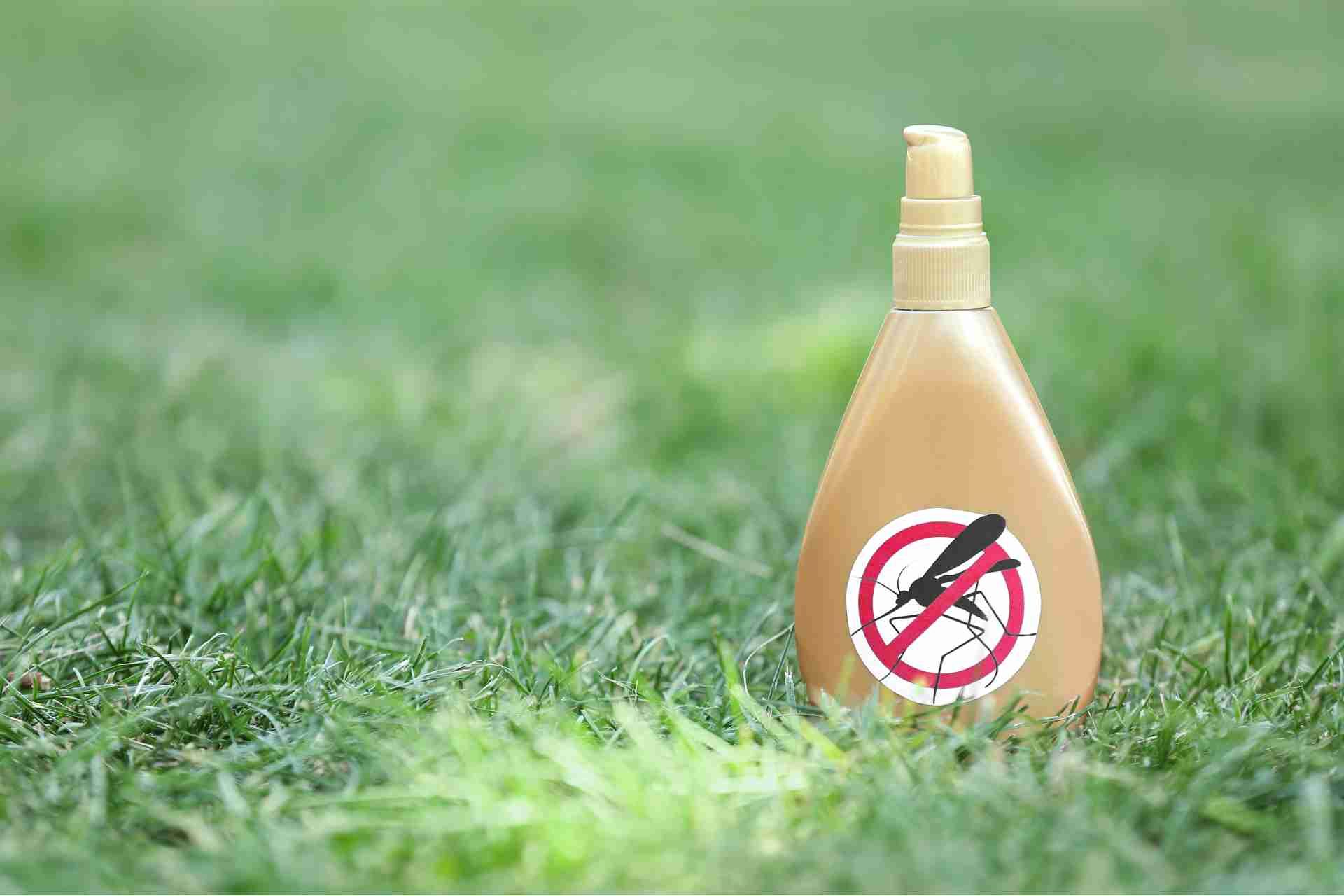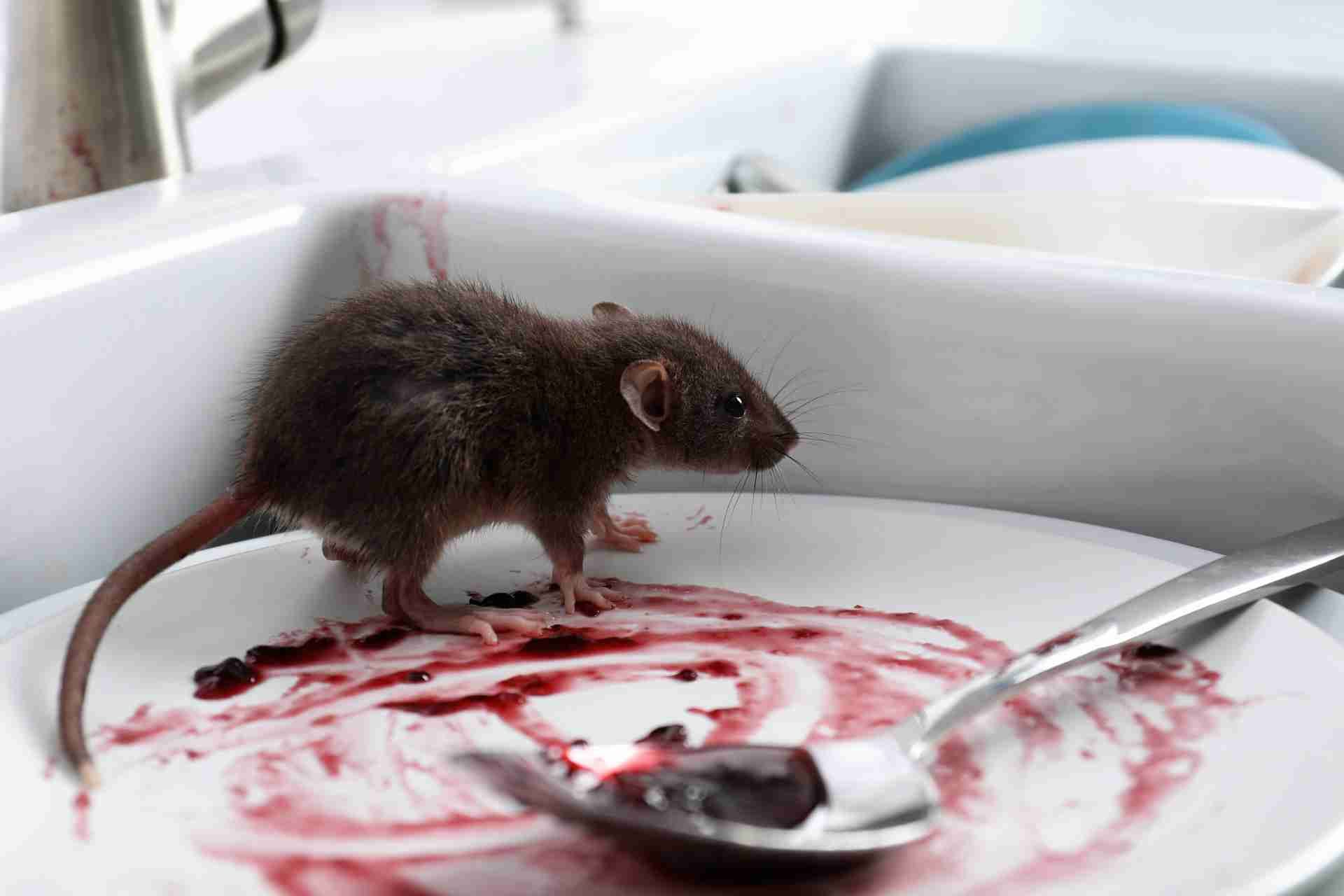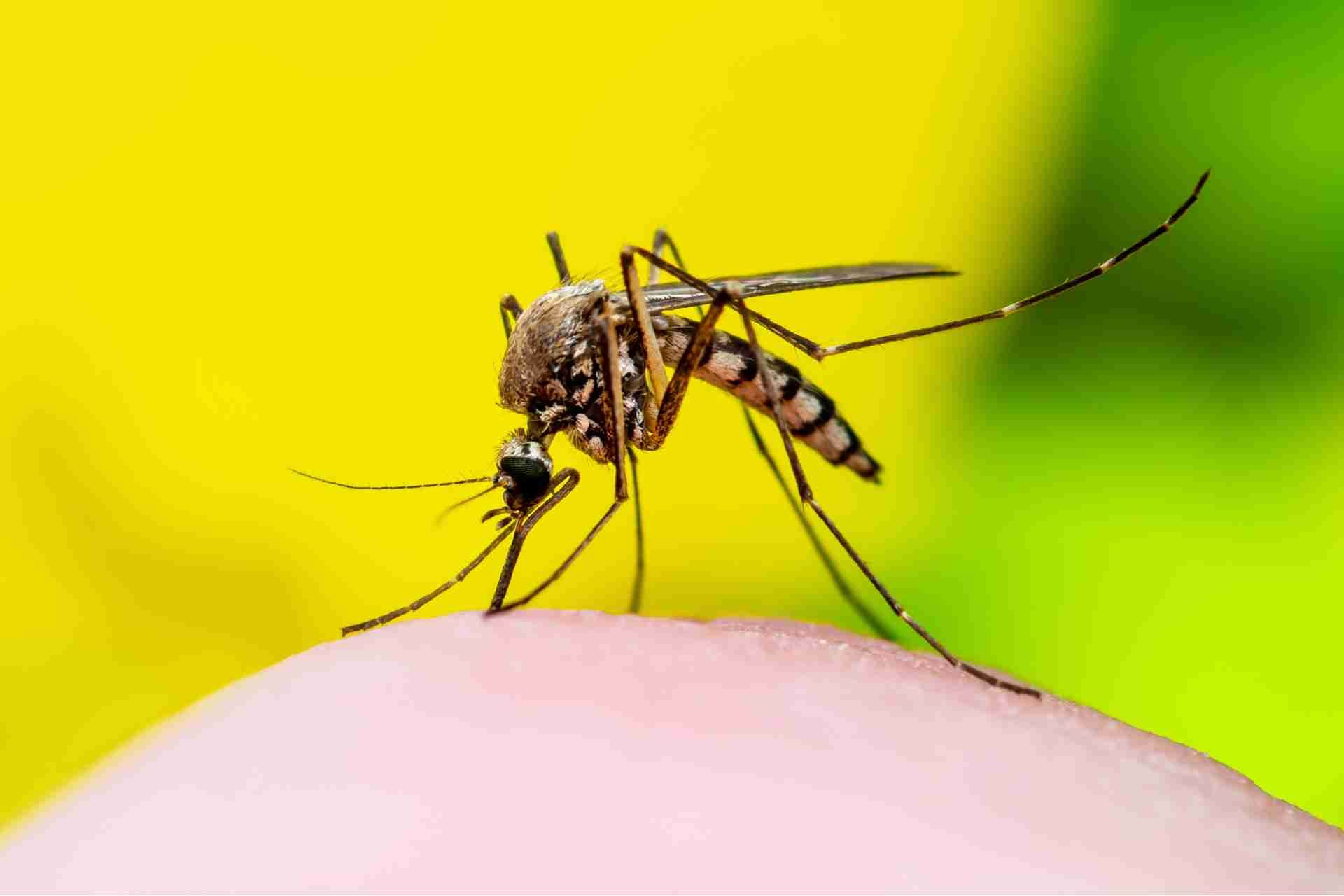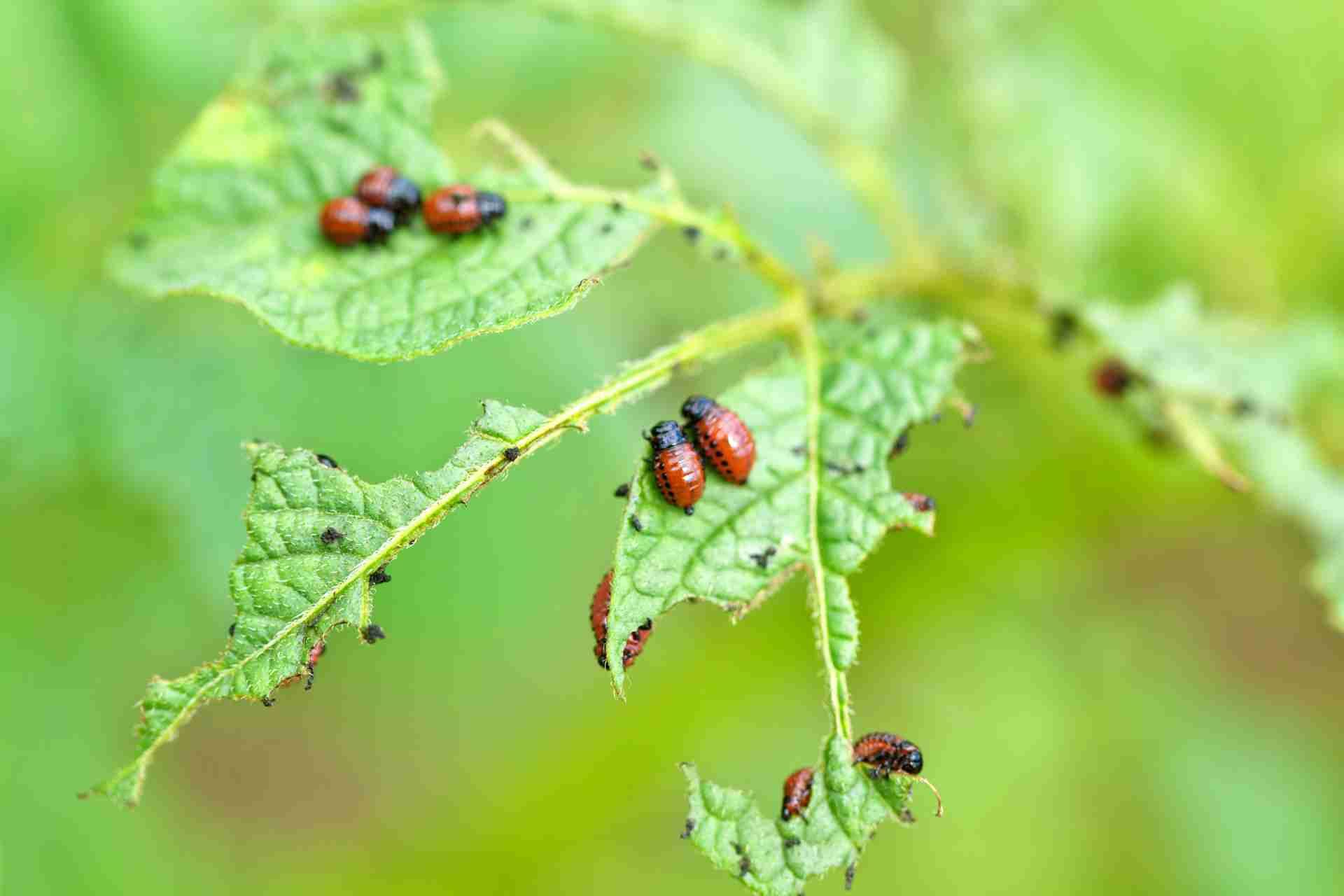How to Maintain a Pest-Free Garden Without Chemicals
Maintaining a pest-free garden without chemicals is not only possible but also beneficial for the environment. By understanding your garden's ecosystem and making thoughtful plant choices, you can naturally deter pests. It's about fostering a balanced environment that promotes healthy plant growth and attracts beneficial insects. Curious about the specific strategies you can implement to achieve this? Let's explore the key elements that can transform your garden into a thriving, chemical-free haven.
Understanding Garden Ecosystems
Understanding the intricate relationships within your garden ecosystem is essential for creating a thriving, pest-free environment. Start by observing the diverse plants, insects, and microorganisms that inhabit your space. Each element plays a role, from pollinators like bees to predatory insects that keep pests in check.
Encourage beneficial creatures by providing habitats, such as flowers for pollinators and hiding spots for predatory insects. It’s crucial to recognize that not all insects are harmful; many contribute positively to your garden’s health.
Choosing the Right Plants
When you choose the right plants for your garden, you set the foundation for a healthy, chemical-free environment.
Opt for native species that thrive in your local climate and soil conditions; they’re better adapted to resist pests and diseases. Incorporate a variety of plants to create a diverse ecosystem, which can help deter unwanted insects.
Consider companion planting, where certain plants thrive together, enhancing growth and protection. For instance, marigolds can repel nematodes, while basil can guard tomatoes.
Always choose disease-resistant varieties to minimize potential issues. By selecting the right plants, you not only support your garden’s resilience but also reduce the need for chemical interventions, leading to a flourishing, sustainable landscape.
Encouraging Beneficial Insects
Encouraging beneficial insects is essential for maintaining a healthy garden ecosystem, as these tiny allies help control pest populations naturally.
Start by planting a variety of flowers like marigolds, daisies, and yarrow, which attract ladybugs, lacewings, and pollinators. Create diverse habitats with native plants, providing shelter and food sources for these helpful insects.
Avoid using chemical pesticides, as they can harm beneficial species, disrupting the balance. Instead, consider using natural deterrents like neem oil for pests, ensuring you protect your allies.
You can also set up insect hotels or leave some areas of your garden a bit wild to promote biodiversity. By fostering a welcoming environment, you’ll invite these beneficial insects to thrive and keep your garden pest-free.
Implementing Companion Planting
Implementing companion planting can significantly enhance your garden's health and productivity. By pairing certain plants together, you can create a natural synergy that benefits both species.
For instance, planting marigolds alongside vegetables can help deter pests while attracting pollinators. Similarly, you might consider growing basil near tomatoes, as it can boost their flavor and ward off harmful insects.
Think about the needs of your plants; some thrive in the shade while others prefer full sun. Combining plants with complementary requirements not only maximizes space but also improves yield.
As you plan your garden layout, research beneficial combinations that suit your climate and soil. Embrace this natural method, and watch your garden flourish while minimizing pest issues!
Natural Pest Deterrents
To keep your garden thriving and free from pests, consider using natural deterrents that are both effective and environmentally friendly.
You can start by planting herbs like basil, mint, and rosemary, which not only enhance your dishes but also repel harmful insects.
Another option is to create homemade sprays using garlic, hot pepper, or neem oil; these can be effective in keeping pests at bay.
Introducing beneficial insects like ladybugs and lacewings can also help, as they prey on common garden pests.
Additionally, you might want to use barriers such as row covers or floating row covers to protect your plants.
With these strategies, you’ll create a natural defense system for your garden, ensuring it remains healthy and productive.
Maintaining Healthy Soil
Healthy soil is the foundation of a thriving garden, and it goes hand in hand with your efforts to deter pests naturally. To maintain this essential soil health, start by incorporating organic matter like compost or well-rotted manure. These additions enrich the soil, improve drainage, and promote beneficial microbes.
Regularly test your soil’s pH and nutrient levels to ensure it meets your plants' needs. Rotate your crops yearly to prevent nutrient depletion and minimize pest buildup. Additionally, practice mulching to retain moisture and suppress weeds, which can harbor pests.
Lastly, avoid overwatering, as overly damp soil invites unwanted insects. By nurturing your soil, you create a robust ecosystem that supports healthy plants and reduces pest problems.
Regular Monitoring and Maintenance
While you might be tempted to set your garden and forget it, regular monitoring and maintenance are crucial for keeping pests at bay.
Start by inspecting your plants weekly for any signs of damage or pest activity. Look closely at leaves, stems, and soil for discoloration or unusual spots. Remove any dead or infected plants promptly to prevent pests from spreading.
You should also check for weeds, which can harbor pests and compete for nutrients. Keeping your garden tidy not only looks better but also supports plant health.
Pay attention to the weather, as changes can influence pest populations. By staying vigilant, you’ll be able to catch issues early and take action before they escalate.
Your garden will thrive without chemicals!
Organic Mulching Techniques
When you incorporate organic mulching techniques into your garden, you not only enhance its appearance but also create a healthier environment for your plants.
Using materials like straw, grass clippings, or shredded leaves helps retain moisture, suppress weeds, and improve soil quality as they decompose. Spread a layer of mulch around your plants, ensuring it’s about 2-4 inches thick, but keep it a few inches away from plant stems to prevent rot.
Regularly replenish your mulch as it breaks down, maintaining its effectiveness. You’ll find that organic mulching also attracts beneficial insects and microorganisms, which can naturally combat pests.
Conclusion
By embracing these natural methods, you can create a thriving, pest-free garden without relying on chemicals. Focus on building a balanced ecosystem, choosing the right plants, and encouraging beneficial insects to do the heavy lifting for you. Regularly monitor your garden and maintain healthy soil to keep your plants strong and resilient. With a little effort and attention, your garden can flourish while staying free of harmful pests—naturally!


